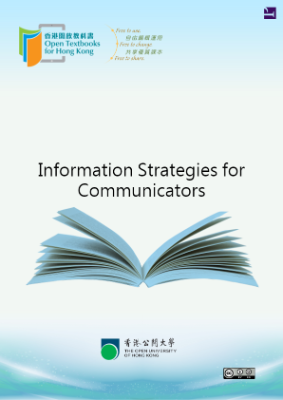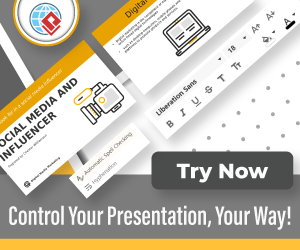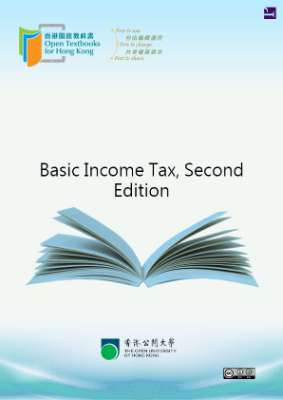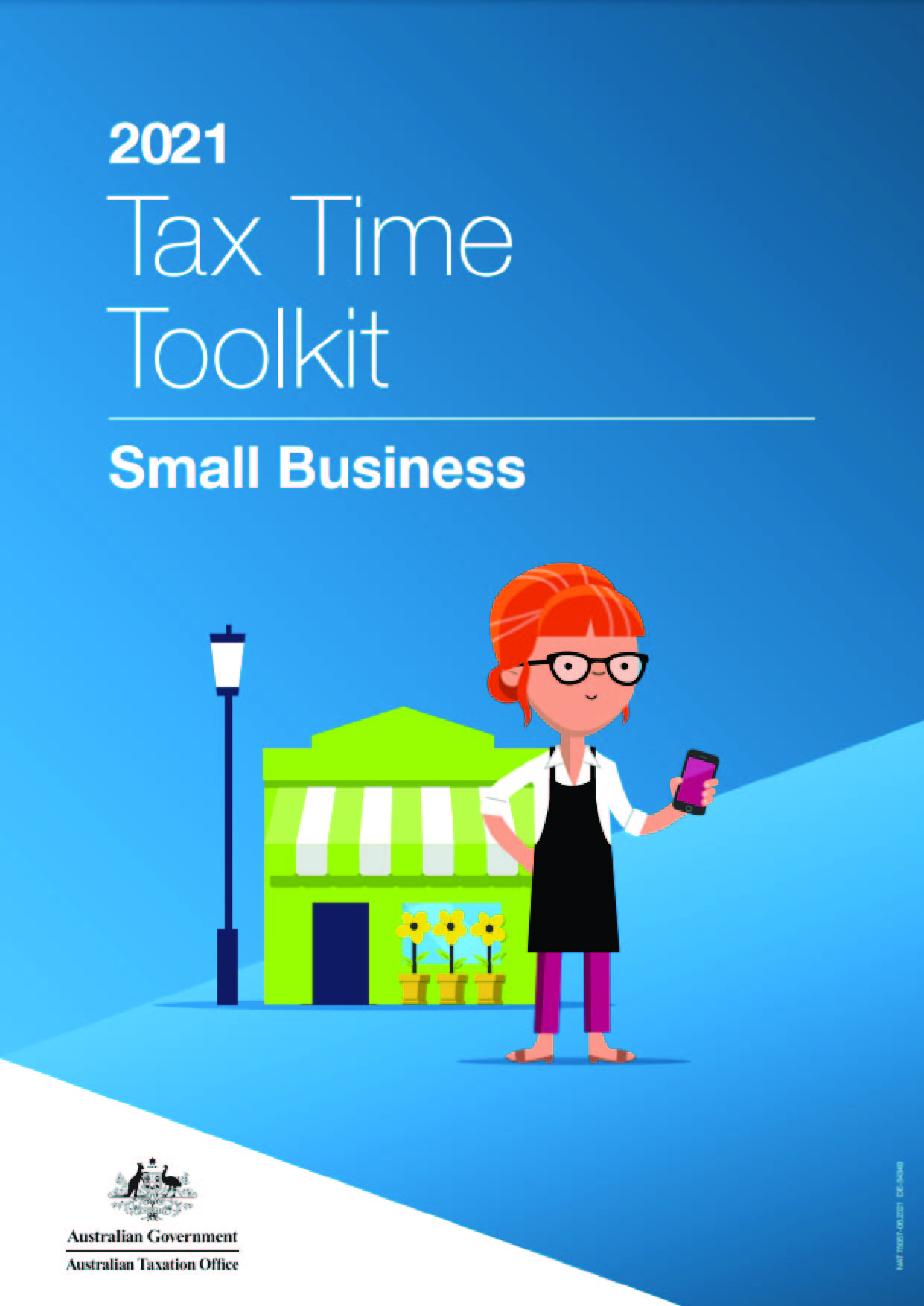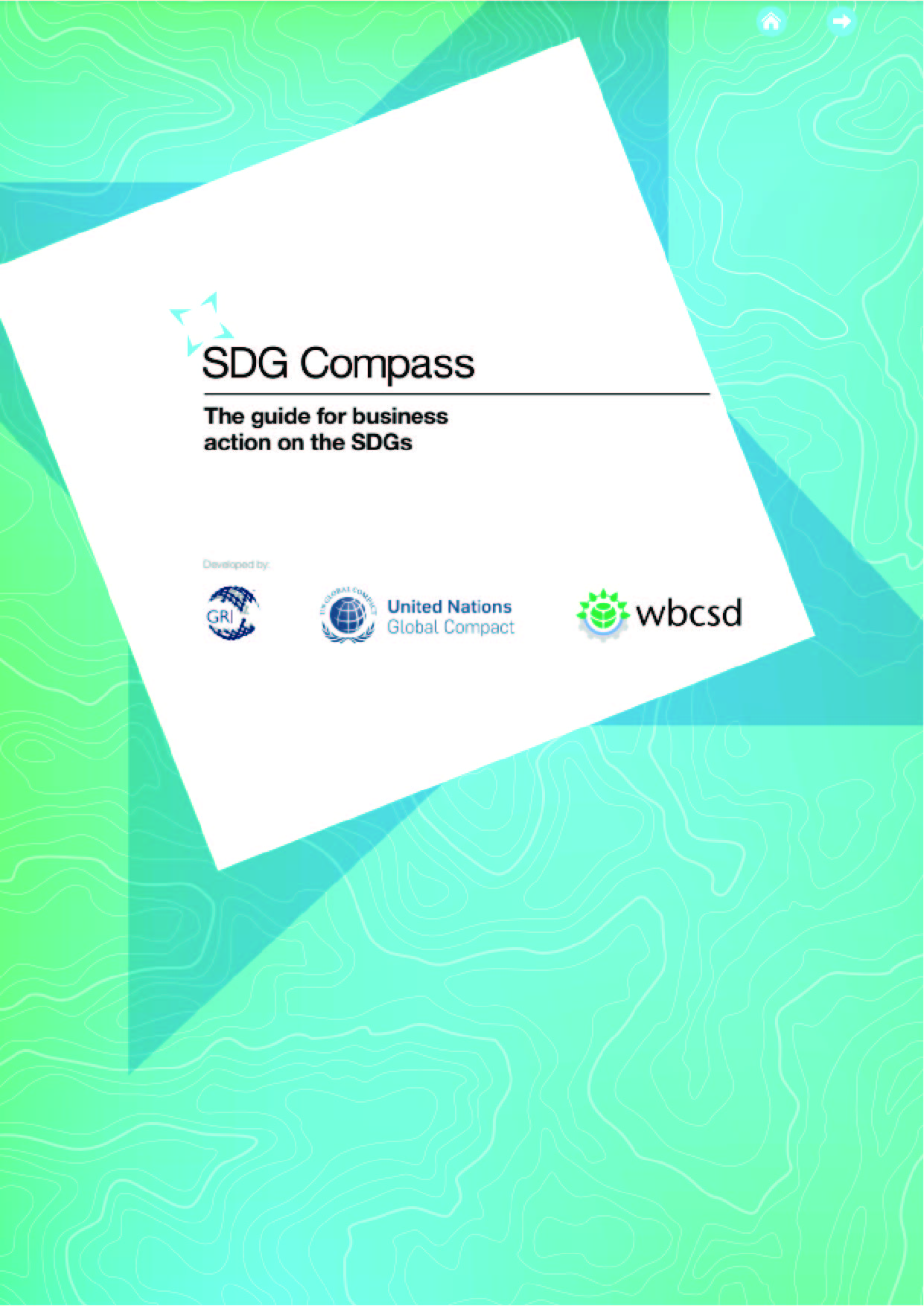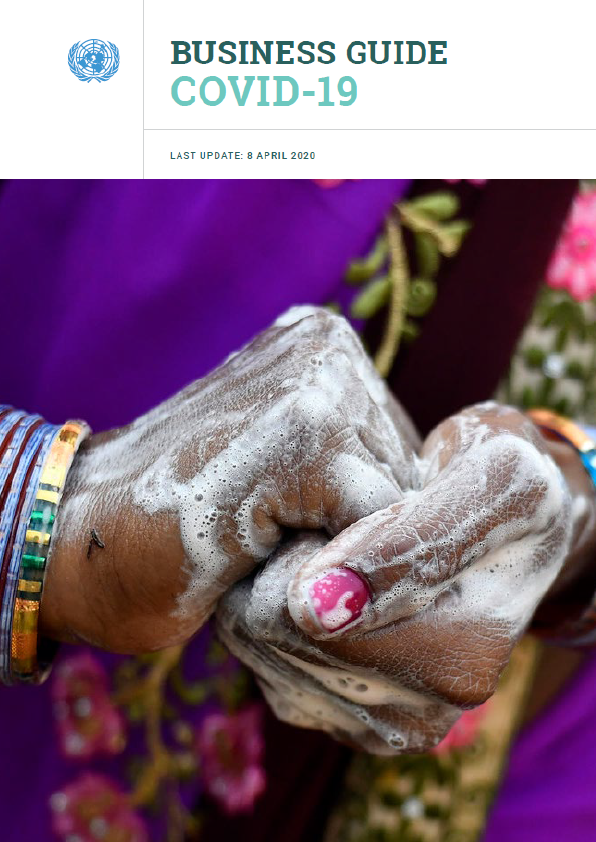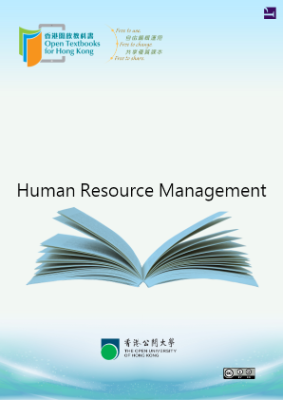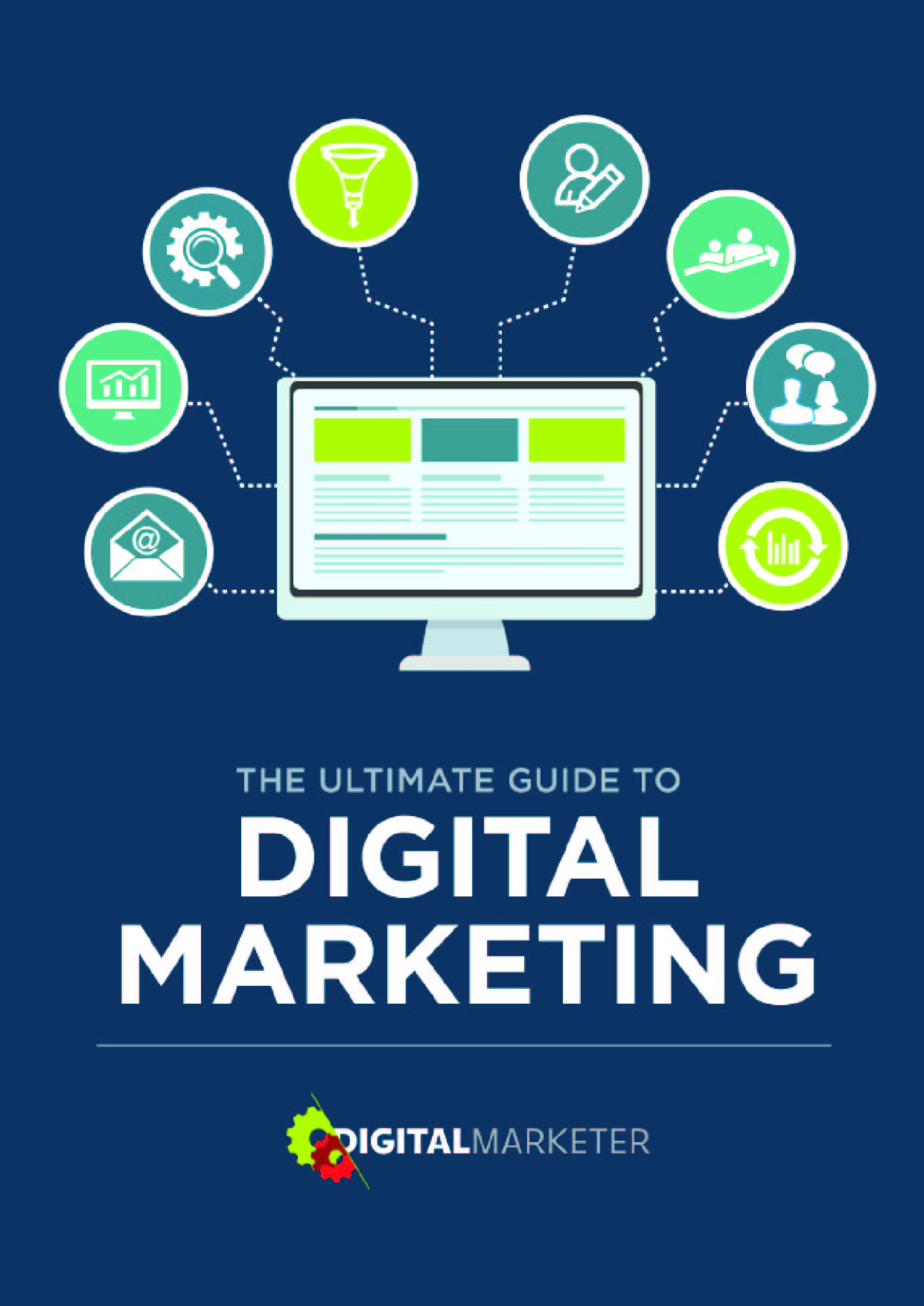Personal / Professional Skills of Successful Communicators
KEY CONCEPTS
- Media message creators work within a set of social, legal and ethical expectations and responsibilities.
- These skills, attitudes and standards of practice will help communicators be successful in their work.
- Some of these are standards, like ethics, that can be learned. Others are modes of conduct, like punctuality, which can be practiced. Others are personality traits, like curiosity or enthusiasm, that can be cultivated.
- Media message creators work in a team environment and each person’s individual set of competencies and efforts on specific information tasks contributes to the overall message creation process and the success of the organization.
- These skills, attitudes and standards will also help students be successful in their academic careers.
LEARNING OUTCOMES
After completing this chapter you will be able to:
- understand the kinds of personal and professional characteristics that employers look for.
- understand how your individual efforts as a team member contribute to overall organizational success.
Our goal in this course is to help you hone your ability to ask good questions and efficiently find appropriate answers related to whatever communications task set before you. Your goal is to learn the skills that will help you excel as a student and eventually secure and be successful in a job as a journalist or strategic communicator. Before we get into developing the skills to manage the information tasks required to fulfill the communications assignment given to you, we need to discuss the personal and professional skills that employers look for and that will help ensure your success both on the job and in the classroom. Whether you are interested in working in news, advertising, or public relations there are personality traits and professional standards of practice that you should be aware of and work to develop.
EQ vs IQ
It is not just intelligence, as measured by IQ tests, that predicts a student’s or professional’s success. Emotional intelligence and personal resilience are becoming as important a measure as test scores. The Program (KIPP) developed a “character growth chart” to help measure students’ personal characteristics that auger well for success in higher education.
Among the attributes it lists and the indicators that a student has those attributes are:
- GRIT: Sticks with a project for more than a few weeks, tries hard even after experiencing failure, keeps working even when s/he felt like quitting
- ZEST: Actively participates, shows enthusiasm, approaches new situations with excitement and energy
- SELF CONTROL (school work): Comes to class prepared, remembers and follows directions, pays attention and is able to resist distractions
- SELF CONTROL (interpersonal): Remains calm even when criticized or otherwise provoked, allows others to speak without interrupting, is polite
- OPTIMISM: Believes that effort would improve his/her future, stays motivated even when things don’t go well
- GRATITUDE: Recognizes what other people do for them, shows appreciation by saying thank you or doing something nice for someone else
- SOCIAL INTELLIGENCE: Finds solutions during conflicts with others, shows they care about the feelings of others
- CURIOSITY: Eager to explore new things, asks questions, takes an active interest in learning
